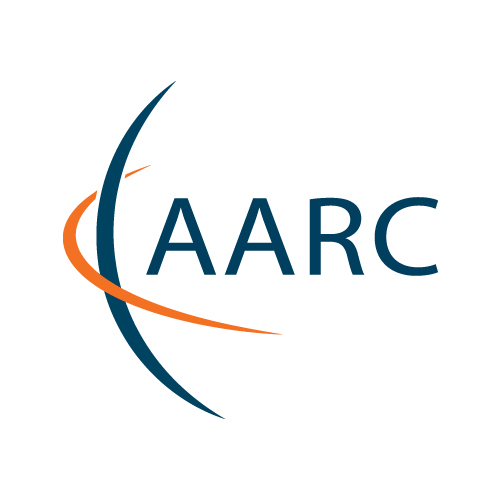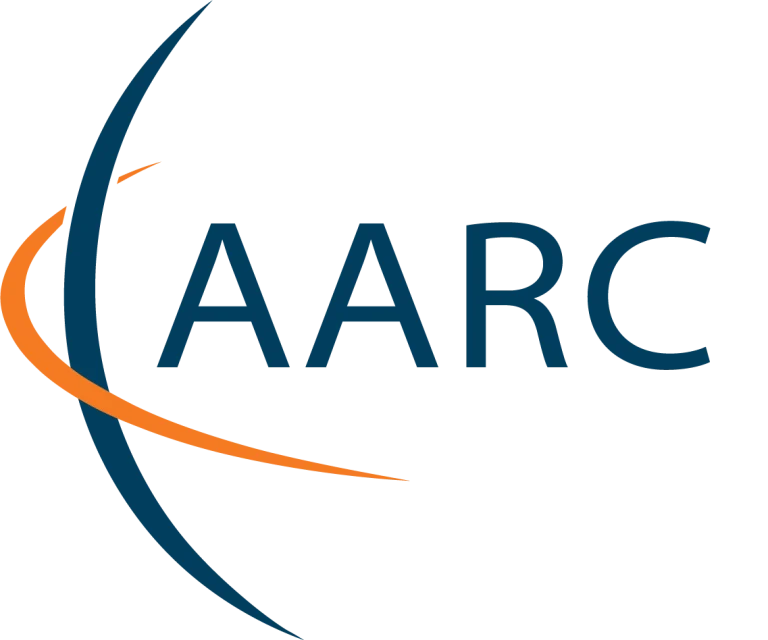 The Authentication and Authorisation for Research and Collaboration project, AARC, has started, from 1 May 2015. A kick-off meeting for partners and interested members of the wider community will be held in Amsterdam on 3-4 June 2015.
The Authentication and Authorisation for Research and Collaboration project, AARC, has started, from 1 May 2015. A kick-off meeting for partners and interested members of the wider community will be held in Amsterdam on 3-4 June 2015.
For the next two years, AARC will bring together 20 partners including national research and education networking (NREN) organisations, libraries, and research and education e-infrastructures. The project will improve the adoption of federated access among different communities and help to avoid a future in which different e-infrastructures and (new) research collaborations develop and operate independent AAIs (authentication and authorisation infrastructures).
What will AARC do?
It is commonly recognised that national identity federations and the eduGAIN interfederation service offer a secure and scalable infrastructure to enable shared access to online resources. However, there are still challenges that prevent their wider adoption. Furthermore, other AAIs are operated by various research and education collaborations and e-infrastructures, which satisfy the use-cases for which they were created but run as independent systems.
Technical progress towards the integration of all these different AAIs has been made in recent years. However, integration of AAIs also requires significant efforts to define a common policy framework that is accepted and implemented by all e-infrastructures and both European and global federation partners.
Complementing other initiatives
AARC will build on the results of previous projects to address the challenges of interoperability and the functional gaps among deployed AAIs, and will ensure wider access to commercial service providers by focusing its work on four main areas:
- developing an integrated, cross-discipline AAI framework, built on production and existing federated access services (national identity federations and eduGAIN), to serve researchers, students and educators. This work is led by GRNET.
- developing an extensive training package aimed at different user communities to complement national training, and a resourced outreach activity to ensure the uptake of e-infrastructures’ AAI services and to encompass AARC’s results. This work is led by GÉANT.
- harmonising policies among e-infrastructures to make it easy for resource and service providers to offer their services on a cross-border and cross-organisational basis. This work is led by FOM-Nikhef.
- piloting policy frameworks and critical components of the proposed integrated AAI in existing infrastructures; and piloting integration of new services into eduGAIN. This work is led by SURFnet.
AARC will work very closely with the REFEDS and FIM4R groups, e-infrastructures such as EGI, PRACE, and EUDAT, with activities in the GÉANT Project, and with relevant user-communities, to address common use cases and to validate results. Since research and collaboration today is inherently global, engagement with partners outside Europe will be actively pursued.


